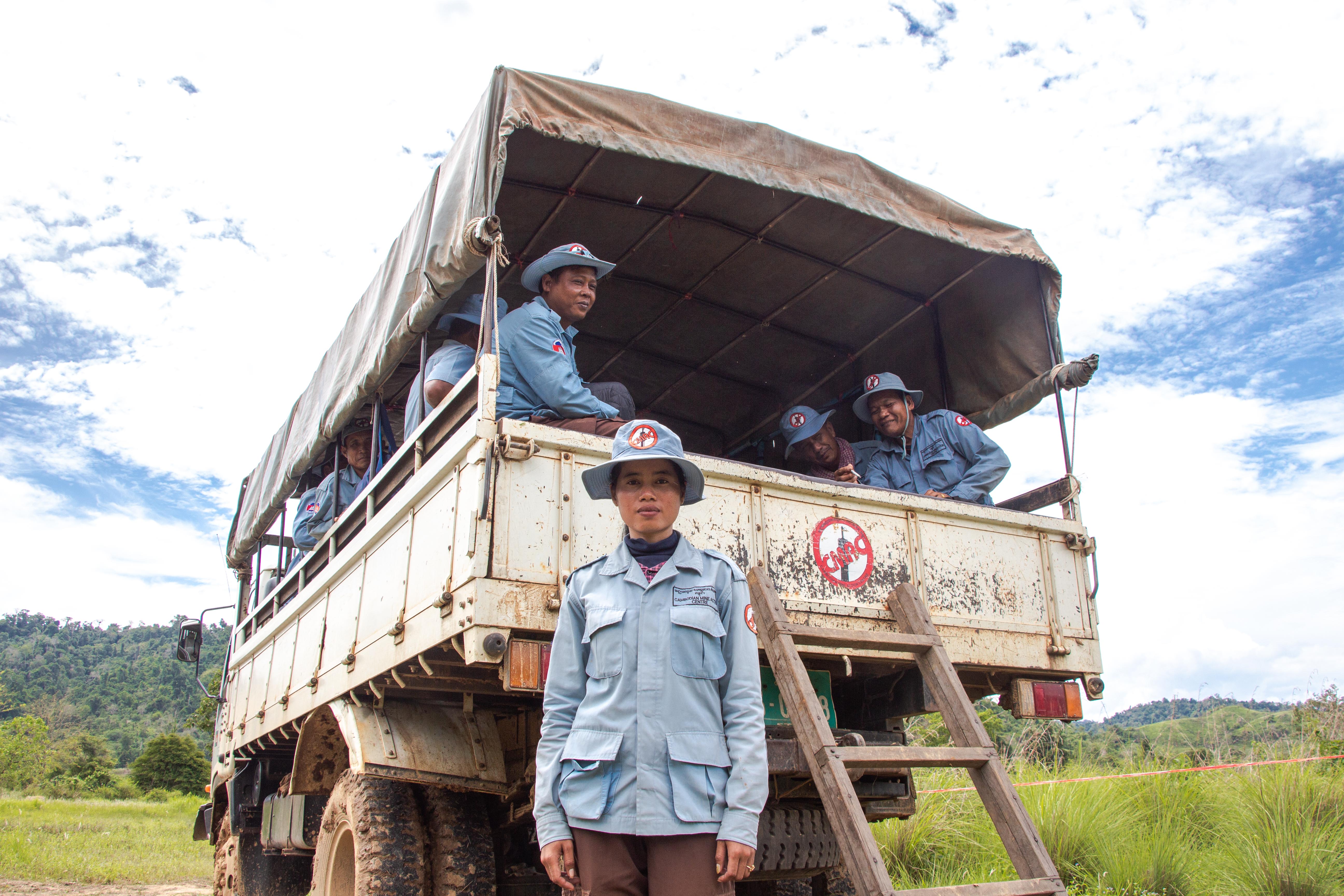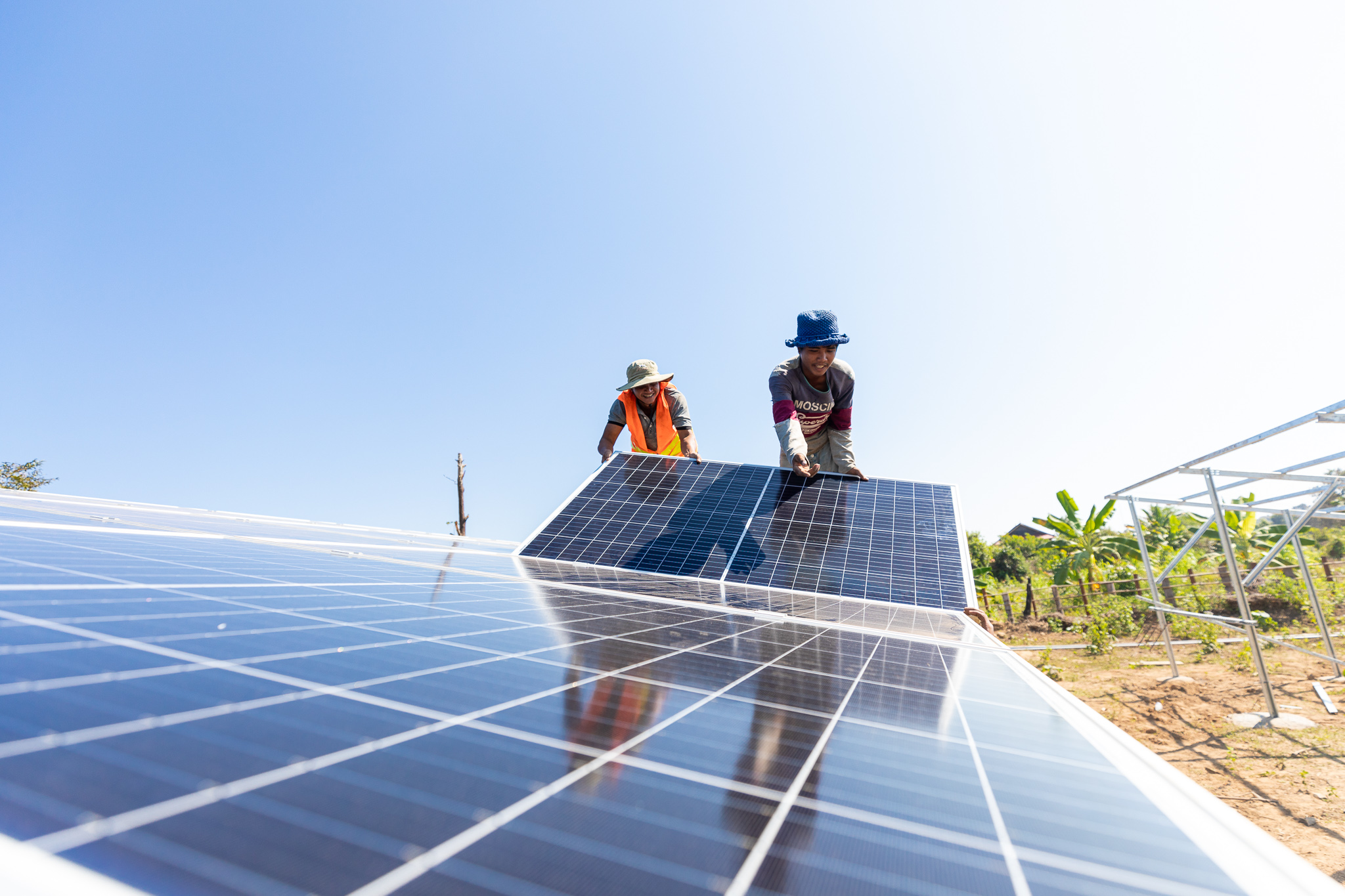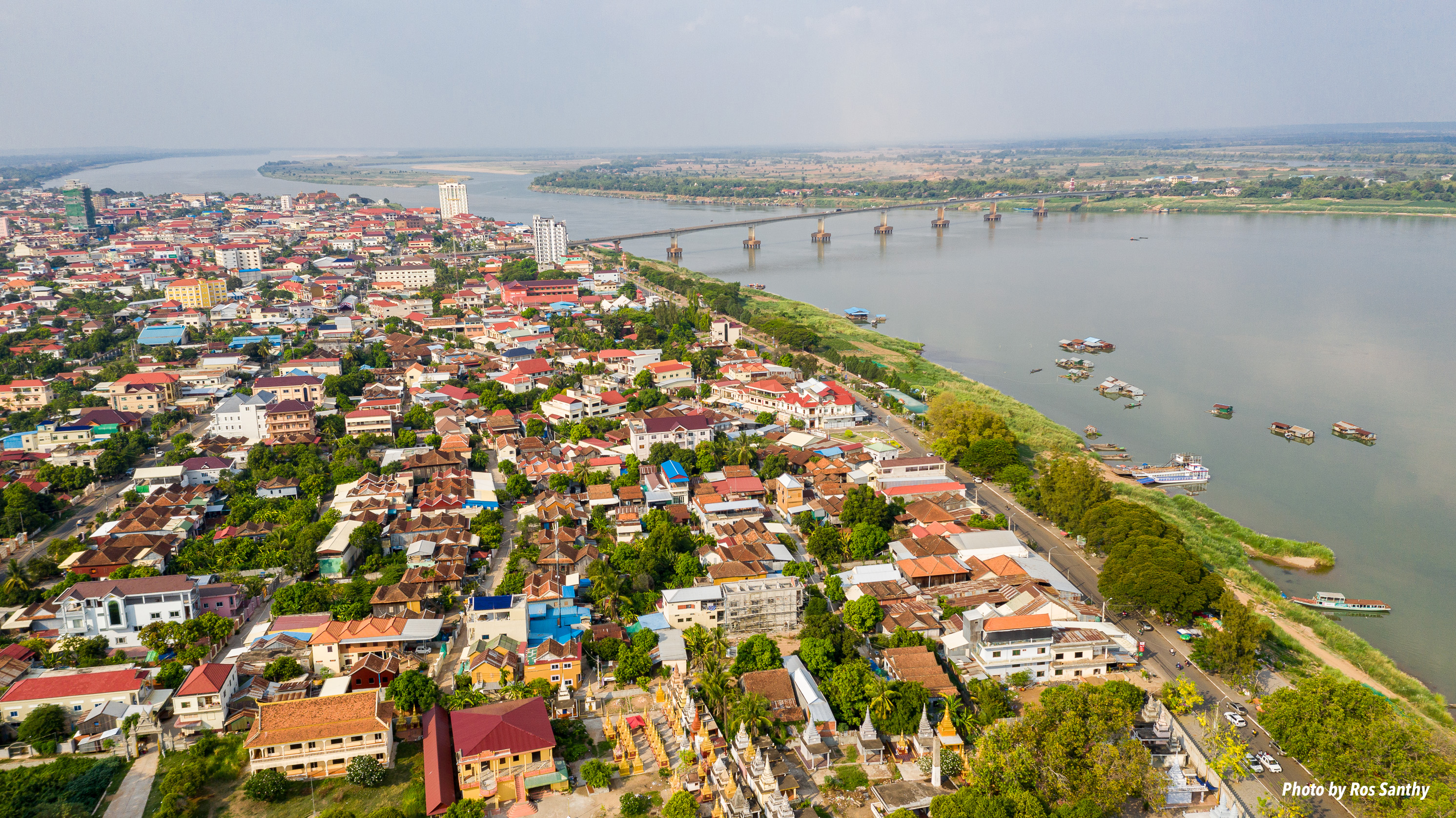Partnership for Gender Equity Phase IV
PROJECT BACKGROUND
Despite progresses for gender equality in Cambodia in the last two decades, women continue to be largely underpresented in politics and public decision making, tertiary education and formal employment. Traditional gender norms and social attitudes continue favouring men in both public and private spheres. According to a major UN national survey, 62,6 percent of Cambodian males and 57.1 percent of Cambodian females agree that men should have the final say in all family matters, while 82.4 percent of males and 92.7 percent of females believe that a woman’s most important role is to take care of her home and cook for her family (Partners for Prevention 2013).
The ‘Leading the Way for Gender Equality’ (LWGE) program (2017-2020) builds on lessons learnt from previous development interventions and aims to strengthen national systems and capacities for more effective policy work on gender equality. The LWGE program is led by the Ministry of Women’s Affairs and builds partnerships with women’s civil society organizations, universities, youth networks and four line ministries: ministries of Education, Youth and Sports; Information; Culture and Fine Arts; and Civil Service.
Key areas of intervention include policy development and monitoring for gender equality and gender mainstreaming across sectors; engagement of youth, media and educational institutions for gender equality; promotion of women in public decision making and feminist leaderships; inclusion of disadvantaged groups of women and girls; and support to partnerships, research and learning on gender equality and women’s empowerment.
KEY EXPECTED RESULTS
The ‘Leading the Way for Gender Equality’ (LWGE) program focuses on the following three results:
1. More effective institutionalization of gender policies across government, and more effective performance of the Gender Machinery to lead gender equality mainstreaming with inclusion of disadvantaged groups of women and girls;
2. Behavioural change in favour of gender equality is promoted among the public and young Cambodians; and
3. Measures to increase number of and capacities of women in decision making positions and strengthened feminist leaderships are agreed and implemented.
ACHIEVEMENTS
KEY ACHIEVEMENTS (last updated February 2019)
· Promoting women in public service and decision making. Through a multi-stakeholder approach involving the Royal School of Administration, civil society organizations, the Ministry of Civil Service and other government actors, efforts from the LWGE program have contributed to increase the percentage of women in the civil service by an annual average of 1 percent.
· Mobilizing young Cambodians and key constituencies to support gender equality. The LWGE program is working with universities, youth networks, media and entrepeneurs to promote gender-equitable behaviors. Since 2017, debates with university students, feminist leadership sessions and intensive external communications through social media were undertaken and reached over 2 million young Cambodians. A Media Code of Conduct for Reporting on Violence Against Women is being disseminated in parternship with the Ministry of Information and the Club of Journalists.
· Building the evidence and strengthening capacities for ‘buttefly politics’. The LWGE program facilitated research and capacity building of government officials, media and youth to promote gender equality more effectively. A a result, officials from the Women’s Affairs Ministry have increased their leadership and capacity and are now able to lead processes and activities that used to be led by development partners in the past. The Cambodia Gender Assessment 2018, a comprehensive overview on gender in all sectors, was undertaken in consultation with key experts and stakeholders.
· Uplifting the voices of ‘unheard’ women and girls. The LWGE program promotes the rights and inclusion of five disadvantaged groups of women and girls: women and girls with disabilities, elderly women, indigenous women and girls, Muslim Cham women and girls, and lesbians. In 2018, dialogues between women from the five disadvantaged groups and government officials were facilitated to increase government understanding and accountability towards these groups of women. An innovative ethnographic research -using Feminist Participatory Action Research as methodology- was also conducted to better comprehend the situation and needs of women from the five groups and to identify policy and legal interventions that address their discrimination and improve their lives.
For more photos, see our Flickr album

 Locations
Locations




















